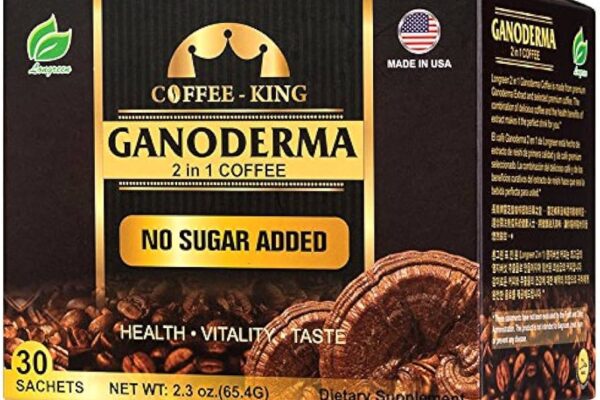Blog
Is Coffee More Healthy Than Energy Drinks?
Coffee shops and energy drinks are everywhere, making caffeine easy to access for an instant pick-me-up. While both offer quick relief from fatigue, coffee is packed with natural antioxidants which may support brain health while energy drinks contain additional sugars and chemicals that may provide temporary respite.
Your cup of joe can contain anywhere from 2-16 grams of sugar depending on how it’s prepared, while adding milk or creamer can increase that figure significantly. Therefore, it’s essential that your sweeteners remain within acceptable parameters – there are healthy options like all-natural stevia or non-dairy alternatives like almond milk which offer alternatives.
Energy drinks contain sugar that can lead to an energy crash and many are filled with unnecessary additives such as guarana, ginseng and taurine which, while beneficial in moderation, may produce side effects such as heart palpitations, anxiety and nausea if consumed excessively.
Energy drinks tend to contain high amounts of sodium, which increases your risk for cardiovascular disease and stroke. Furthermore, too much caffeine consumption could have detrimental effects on teens or young adults due to still-developing bodies and brains; however, most adverse side effects can be avoided by limiting your consumption to one or two cups a day.
Coffee’s primary advantage is that it comes from nature. While there are various varieties to choose from, most consist of just two main components – water and coffee beans. If desired, sweeteners and creamers can be added for additional flavor; otherwise low-calorie versions might be more suitable.
Though both coffee and energy drinks provide quick caffeine hits, coffee stands out in terms of health benefits. With its natural antioxidants, low calorie count and ability to be tailored specifically to individual taste preferences, coffee offers far greater nourishment than its highly processed counterpart.




